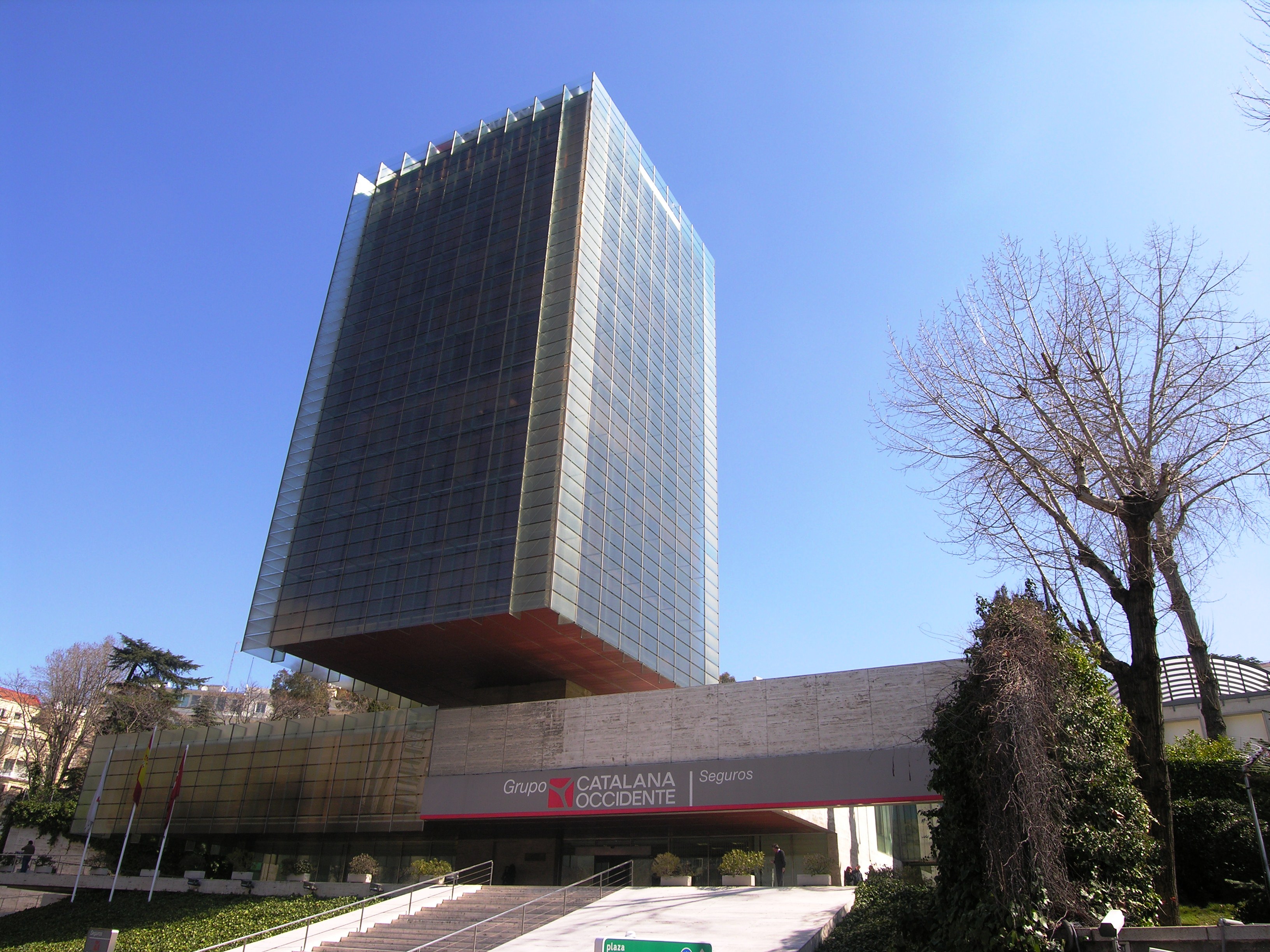Overheard: A major company in a relevant industry re infosec – and well-known for their good and even so recently much improved infosec posture – doesn’t follow the mantra of “risk management first, policy/standards second” but first sets some quite rigid standards and then, when vendors can’t deliver (even when the standards are strict but quite reasonable and doable), do some form of risk analysis plus compensating controls / acceptance or what have we.
Because otherwise, everything gets so mushy (hey, normal (?) risk analysis is business driven, what do ‘they’ know ..!?) that the end result is a chaos of quasi-accepted risk all on one huge unmanageable infra heap of backdoors and byways (those in particular) which results in zero security. And because this way, standardisation is encouraged and security plus manageability hugely increased i.e. big bucks are saved.
So, it’s an interesting High Baseline Minus approach. Though I guess you may have some comments, so take it away …:
Oh, and already:

[Maybe green, but not fond of blaugrana ..? M’drid]








